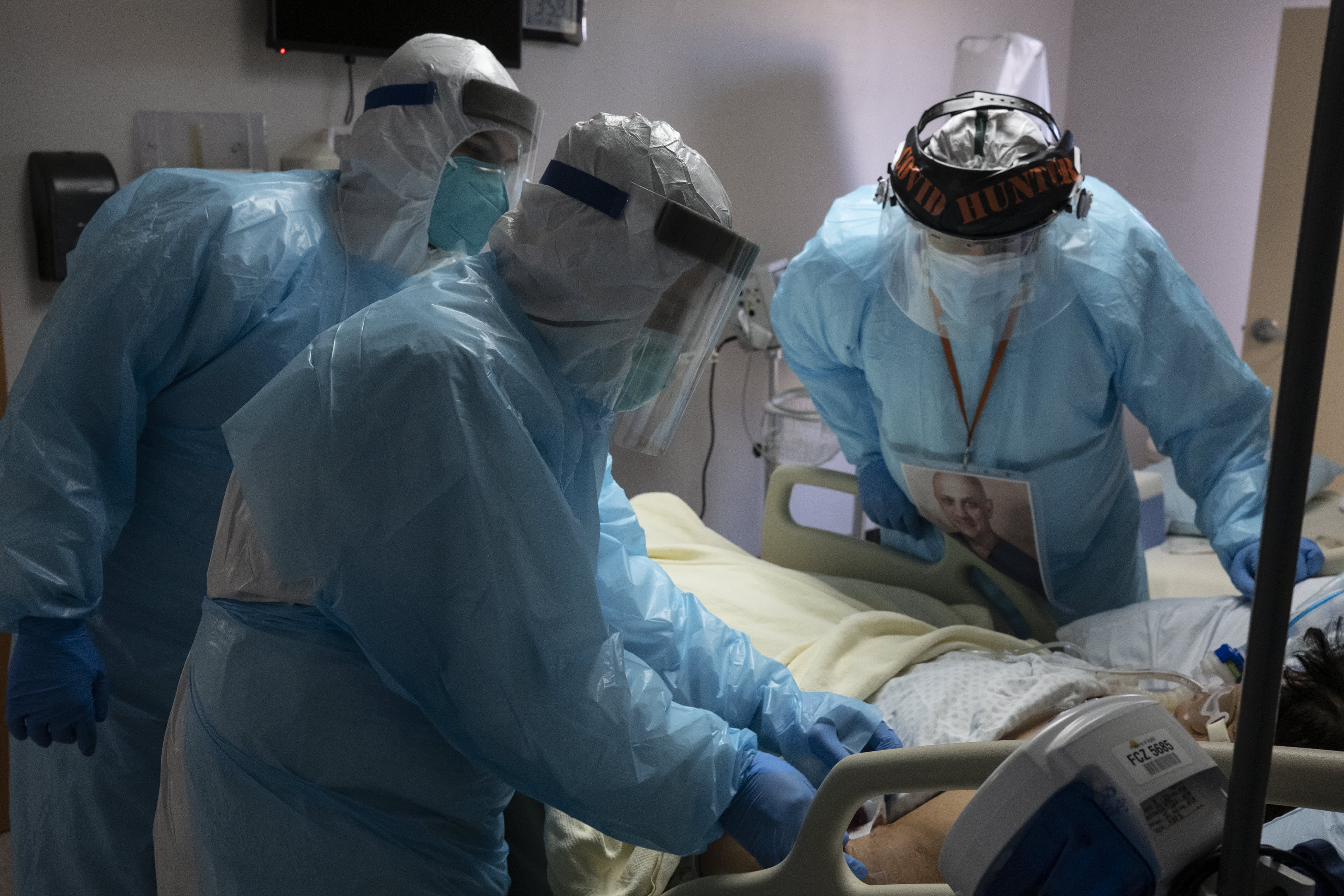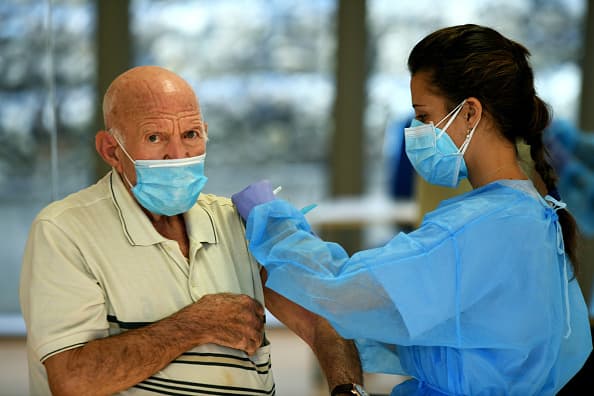Nearly 5,000 people are hospitalized with the coronavirus in Pennsylvania, with more than 1,000 of them in intensive care beds, state officials said Thursday.
“We have seen that a number of counties in Pennsylvania have only a few intensive care unit beds left, or actually no intensive care unit beds left in their county,” Health Secretary Rachel Levine told reporters on a Zoom call.
Her concern about hospitalizations came as the state reported 11,406 new infections Thursday, a day after reporting 10,075. It was the highest daily increase of virus cases, the health department said in a news release.
Despite that, the state has not reached a point where it would order hospitals to halt elective procedures, and does not want to discourage anyone from seeking medical care if they need it. Pennsylvania now has a dashboard on its coronavirus webpage showing the hospitals' staffing levels, case surge and bed availability, broken down into six regions.
Levine was most concerned about southwest and south-central Pennsylvania, which are labeled as having a staffing crisis. In south-central PA, 47% of the hospitals report that.
In the southeast region, 24% of hospitals told the state they expect staff shortages within a week. And just 11.1% of beds are available.
The state would order elective procedures to stop in a region if two of these three things happen:
- more than a third of the region's hospitals say they're short staffed or expect to be in a week;
- a 50% increase in COVID-19 admissions over 2 days;
- and if the number of available beds drops lower than 10% of the total.
But in some counties, hospitals are stopping elective procedures themselves to make room for more coronavirus patients. In Montgomery County, Commissioner Dr. Val Arkoosh said most hospitals have had to divert patients from their emergency rooms to other medical centers. Other hospitals in the county are accepting diverted patients.
The situation has been exacerbated by hospitals elsewhere being unable to send additional staff to help, as was the case in in the spring, because they’re all dealing with COVID-19 surges too, Arkoosh said.
“Understand that when a hospital is on divert, that means if you call 911, no matter what your medical emergency, you may not be able to be taken to the closest emergency room,” Arkoosh said.
Levine said the state and hospitals will need to work together to balance staffing to make sure there is enough to cover the patients in need of intensive care.
"Hospitals have been converting general medical/surgical beds in other units as intensive care units, adding the equipment and the staff to do that, because they have to take care of COVID-19 patients and then other intensive care unit patients," Levine said.
But she framed the worst-case scenario for hospitals as still a hypothetical that's possible to avoid.
"By staying home within your household, you can help us avoid that scenario where we could potentially run out of beds and staff."
"Staff are in incredible need throughout the entire country, so they would have to be diverted from one area or one hospital to another area or another hospital. Which then potentially puts other care at risk," Levine said. "It is within our power, our collective power, and if we stand united, and if we follow the guidelines, we can prevent that from happening."



